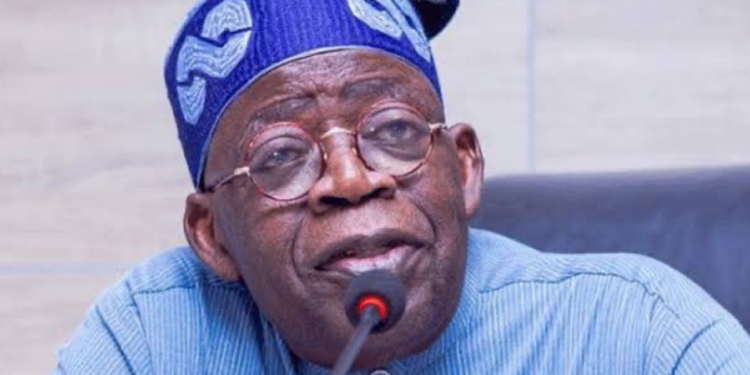President Bola Tinubu has firmly rejected the National Economic Council’s (NEC) recommendation to withdraw the proposed tax reform bills from the National Assembly for additional consultation. Emphasizing the value of the legislative process. Tinubu argued that stakeholder feedback and necessary adjustments could be incorporated during public hearings without halting the bill’s progress.
In a statement issued by Tinubu’s Special Adviser on Information and Strategy, Bayo Onanuga, the President praised NEC members, including Vice President Kashim Shettima and Nigeria’s 36 state governors, for their involvement but urged that the legislative process continue.
The President’s response comes shortly after NEC, the country’s highest economic advisory body, called for the bill’s withdrawal to allow further consultation, particularly due to concerns raised by some state governors over specific sections of the reforms.
Following a meeting chaired by Shettima, Oyo State Governor Seyi Makinde, speaking on behalf of the council, voiced concerns about certain aspects of the reforms that have unsettled some states. NEC members, including governors from the northern region, expressed discomfort over parts of the bill, such as the proposed Value-Added Tax (VAT) distribution model.
Governors from 19 northern states, who had previously opposed the reform, argued that the proposed VAT model could destabilize the northern economy and lead to significant job losses.
The tax reform initiative, overseen by a committee led by Taiwo Oyedele, follows a months-long review of Nigeria’s tax structure. The reforms are consolidated into four bills: the Nigeria Tax Bill, the Nigeria Tax Administration Bill, the Nigeria Revenue Service (Establishment) Bill, and the Joint Revenue Board Establishment Bill. The proposed laws aim to streamline Nigeria’s tax system by consolidating various tax codes, establishing a unified revenue service, and simplifying obligations for citizens and businesses.
The reforms include measures to eliminate overlapping tax responsibilities across federal, state, and local levels, which has led to inefficiencies and confusion in tax administration. The Nigeria Tax Bill, for example, seeks to ease tax compliance by addressing issues of multiple taxation that hinder the business environment.
While NEC’s recommendation reflects regional economic concerns, the Presidency insist the reforms will enhance coordination among federal, state, and local tax authorities, benefiting all regions. Contrary to fears about potential job losses, the Presidency highlighted that the reforms would make tax administration more efficient, ultimately improving Nigeria’s competitive edge.
According to Onanuga, the reforms will allow Nigeria to consolidate separate taxes, such as Company Income Tax, Personal Income Tax, and VAT, into a unified structure, significantly reducing the current administrative fragmentation.
In response to NEC’s concerns, Tinubu stressed that the committee leading the reform effort has already conducted extensive consultation. The Presidency has maintained that the bills should continue to move through the legislative process, ensuring that the interests of all stakeholders are heard.


































